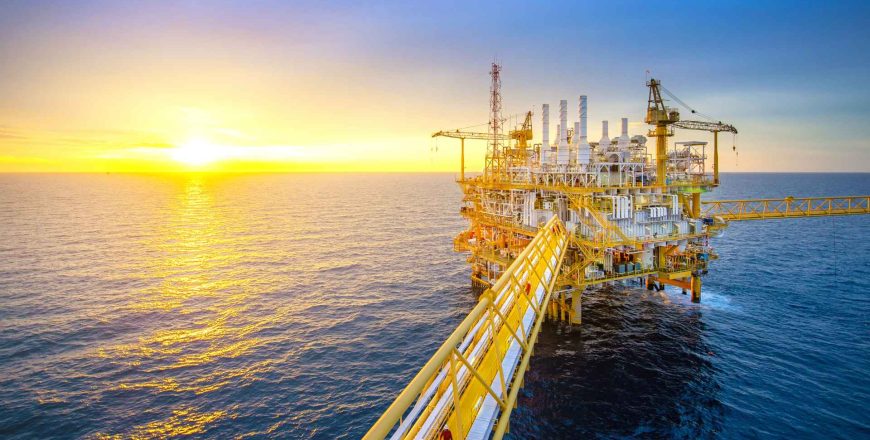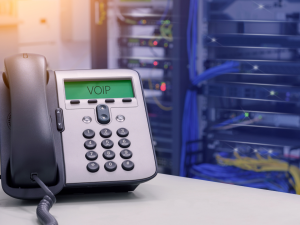IP Connectivity for Oil and Gas Industry

Course Overview
In the Oil and Gas industry, remote stations are common and are often located in isolated environments with limited access to nearby communities or communication infrastructure. These critical stations require seamless connectivity with headquarters and regional support offices for effective management and technical support, involving telemetry, data center connectivity, voice, video, and data communication.
Given the data-centric nature of these operations, IP connectivity has become a vital necessity for such facilities. Typically, IP-based communication networks are established using Satellite Communications and Microwave Transmission.
This comprehensive course will offer a detailed exploration of these wireless technologies, catering to the needs of both technical and management professionals in the field. As raw material extraction often takes place in the harshest environments and extreme climates, the course will also focus on minimizing downtime and ensuring regulatory compliance for uninterrupted operations.
Target Audience
- Chief Technical Officers who wish to have an overall understanding of wireless technologies and their applications in the Oil and Gas industry
- Engineers and Technicians who are dealing with Satellite Comuications and Microwave Transmisison technologies
- Product Managers involved in the launch of IP-based services
- Procurement professionals who need to deal with technical specifications in RFPs
- Network Engineers, Designers and Administrators
Duration & Training Format
- Classroom: 3 days
- LIVE Virtual: 21 hours
*Note:
- A minimum of 8 or more participants is required for a Classroom session to commence.
- A minimum of 6 or more participants is required for a LIVE Virtual session to commence.
- LIVE Virtual courses can be conducted for 5 hours or 7 hours daily. Please note that the number of training days will be extended if you opt for 5 hours daily.
Upcoming Course Dates
There are no upcoming course dates currently scheduled for this course. If you are keen on attending this course, please register your interest and indicate your preferred training dates via our course enquiry form for us to open a Classroom/LIVE Virtual class schedule for this course.
Course Objectives
At the end of this course, participants will be able to:
- Understand Layers 1-4 concepts in networking
- Grasp TCP/IP fundamentals
- Comprehend IPv4 and IPv6 protocols and addressing, facilitating seamless IP connectivity in diverse environments
- Evaluate various IP network architectures to design and implement effective communication solutions
- Explore IP-based protocols and routing techniques for optimizing data flow in oil and gas facilities
- Recognize the critical role of IP connectivity in the Oil and Gas industry, ensuring efficient management and support
- Apply Satellite Communications and Microwave technologies in both on-shore and off-shore locations to establish reliable IP-based communication networks
Course Outline
- Connectivity in the Oil and Gas Industry
- On-shore vs Off-shore Platforms
- Communication among Upstream, Midstream, and Downstream Segments
- High Risks in Deep Water Oil and Gas Exploration
- The Private and Secure Broadband Wireless Technology
- Requirement of Reliable Long-range Communication for Exploration Vessels in Extremely Harsh Marine Conditions
- Wireless Technologies for Data Acquisitions, Mapping of Subsurfaces, Identification of Potential Deposits and Formation Evaluation
- Satellite Communications Fundamentals
- Characteristics of LEO, MEO, GEO Satellites and their Pros and Cons
- Satellite Frequency Bands and their Pros and Cons
- Multiplex Schemes: FDMA, TDMA, CDMA, SCPC, MCPC, etc.
- Linear and Circular Polarization
- Satellite Beams: Global, Regional, Spot Beams, Steerable Beams
- EIRP and G/T
- Link Planning: Transmit Power, Antenna Gains, Free Space Loss, Receive Power, etc.
- Transponder: Carriers, Channel Assignments, Bent Pipe, Regenerative Type
- Component of VSAT: ODU and IDU
- VSAT Applications in the Oil and Gas Industry
- VSAT Components: IDU Vs ODU
- VSAT on Marine Vessel
- Antenna Stabilization over a Moving Platform
- Mitigating Environmental Effects on Signal Propagation
- Commissioning VSAT in a Remote Location
- Microwave Solutions for the Oil and Gas Industry
- Link Planning Over a Rough Terrain
- Line of Sight Constrains on an Off-Shore Platform
- IP Radios
- Using Microwave to Transport Telemetry Signals
- Examples
- Ethernet Interfaces on Microwave and VSAT Modems
- L2 Features
- Ethernet Bridging
- Spanning Tree Protocol
- QoS and Traffic Prioritization
- L3 Features
- QoS via L3
- Routing Protocols
Pre-requisites
Basic knowledge of wireless technologies would be beneficial.



